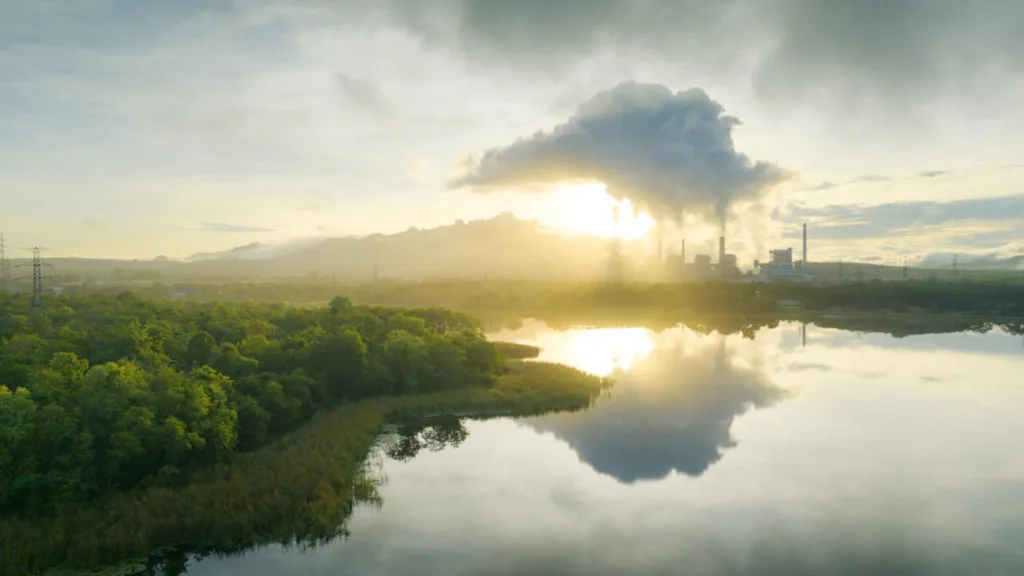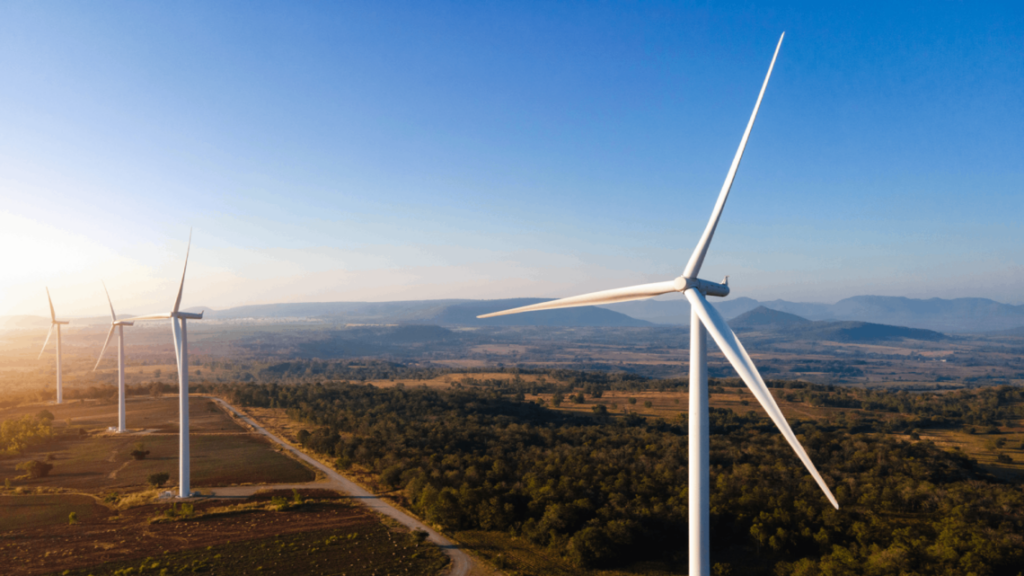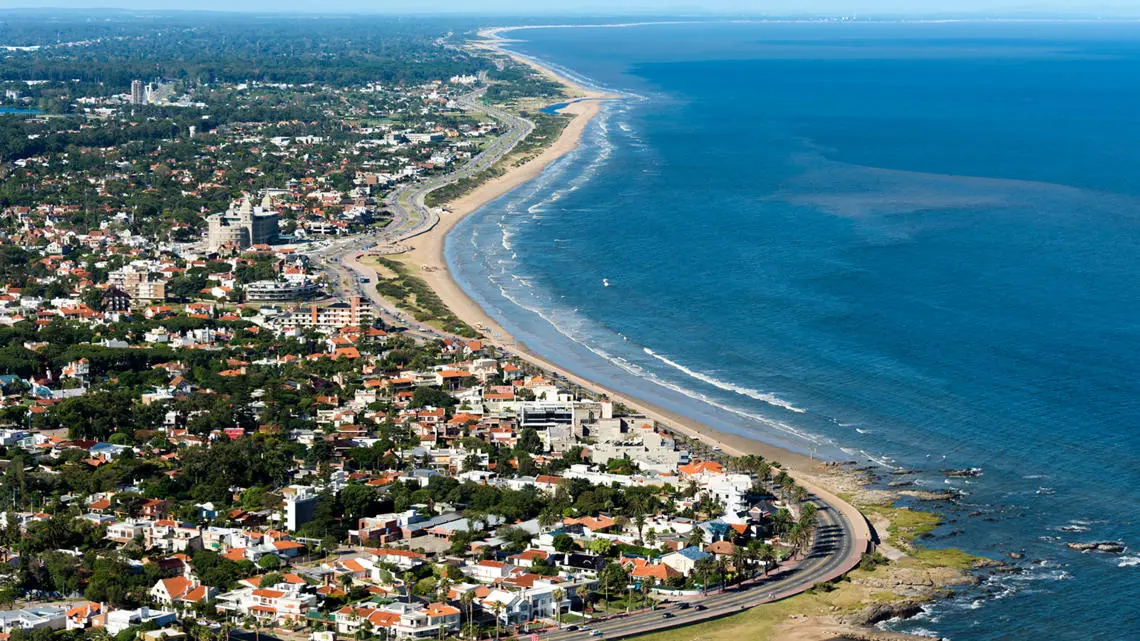Authors
Communications
Last week, business leaders and government officials from across Latin America and the Caribbean gathered in Montevideo, Uruguay, for the Latin America & Caribbean Climate Week 2018 (LACCW 2018).
The event – held three weeks ahead of the Global Climate Action Summit in California – demonstrated the international support for stepping-up local, national and regional climate action by bringing together actors across Latin America and the Caribbean.
Alongside other regional climate weeks, LACCW 2018 was designed to advance climate action across the region through the United Nations Sustainable Development Goals (SDGs) and Global Climate Action. The ultimate aim of LACCW was to go beyond global climate talks to mobilize support for implementation of countries’ Nationally Determined Contributions (NDCs) under the Paris Agreement.
WBCSD has been working closely with the UNFCCC to bring the business community perspective through engagement with our Global Network partners. CEADS, our Argentinian Global Network Partner, was leading on the ground in Uruguay.
During the opening high-level segment of LACCW 2018, the UN Climate Change Executive Secretary, Patricia Espinosa, highlighted the role of non-state actors to support governments increasing ambition.
“Right now, we need ideas, best practices and lessons learned from every segment of society, whether businesses, investors, regional and local leadership or everyday people. It’s what I call ‘inclusive multilateralism’ and it means having more voices at the table leading to more climate change solutions,” Espinosa said.
WBCSD’s response was clear: Business is ready to step up and bring the ideas.
The Partner organizations of the Nairobi Framework Partnership also highlighted the key role of the private sector, welcoming the active participation of private sector representatives during LACCW.
Through sessions covering different aspects of the climate debate, from resilient infrastructure, to carbon pricing, to circular economy, governments and the private sector participants showcased the stage of climate action across Latin America and the Caribbean. One key question from almost every session was how to better align the SDG and Paris Agreement agendas. There was also a drive to highlight the importance of putting in place coordination mechanisms to ensure climate compatible sustainable development.
During LACCW and with support from the International Chamber of Commerce (ICC) and ICLEI, – Local Governments for Sustainability, WBCSD organized a panel debate on “Sustainable production and consumption – Accelerating renewable energy use in industries.”
The objective of the session was to understand the key challenges and highlight the opportunities towards shifting to sustainable production and consumption solutions in energy intensive industries. The High-Level Climate Champions including Minister Inia Seruiratu from Fiji, joined the discussion, which was moderated by WBCSD’s Argentinian network partner, María Virginia Vilariño of CEADS.
During the session, government representatives and companies from the energy, cement and beverages industries explored the necessary steps to accelerate deployment and use of renewables in energy intensive industries across Latin America and the Caribbean.
The good news, participants outlined, is that investment in renewables has grown exponentially in the region. Latin America and the Caribbean region are encouraging low-carbon growth and derive over 55% of total power from renewables.
The energy transition is very well installed in the region, driven by modern promotion mechanisms and frameworks, as well as increasing demand from companies, rather than by subsidies. In this sense, leading companies from WBCSD’s Global Network shared their ambitious targets towards sourcing 100% of electricity use from renewables and achieving carbon neutrality.
These positive developments can and should be replicated across the globe. Business remains the key implementation partner for achieving the SDGs and the Paris Agreement, and it is local action that will play a key role in tackling this global challenge.
WBCSD news articles and insights may be republished in accordance with the Creative Commons Attribution-NonCommercial-NoDerivatives 4.0 International Public License, and in accordance with our Privacy Policy. All Content must be featured with due credits.
Related
Content

Carbon removals: Why a portfolio approach is key to achieving climate goals
19 April, 2023

WBCSD updates the climate scenario analysis tool for companies to leverage in their climate-related financial disclosures
31 March, 2023

How to align hydrogen investments with a 1.5°C pathway
9 February, 2023
